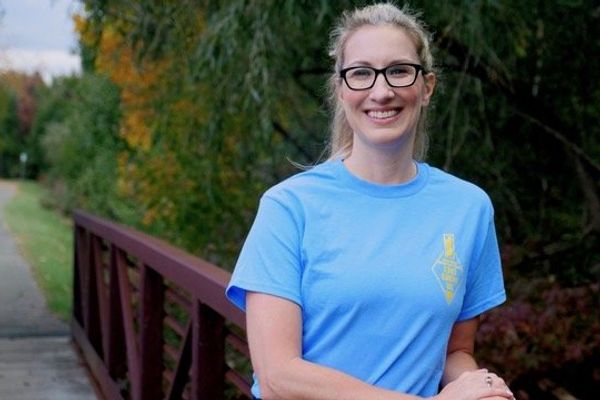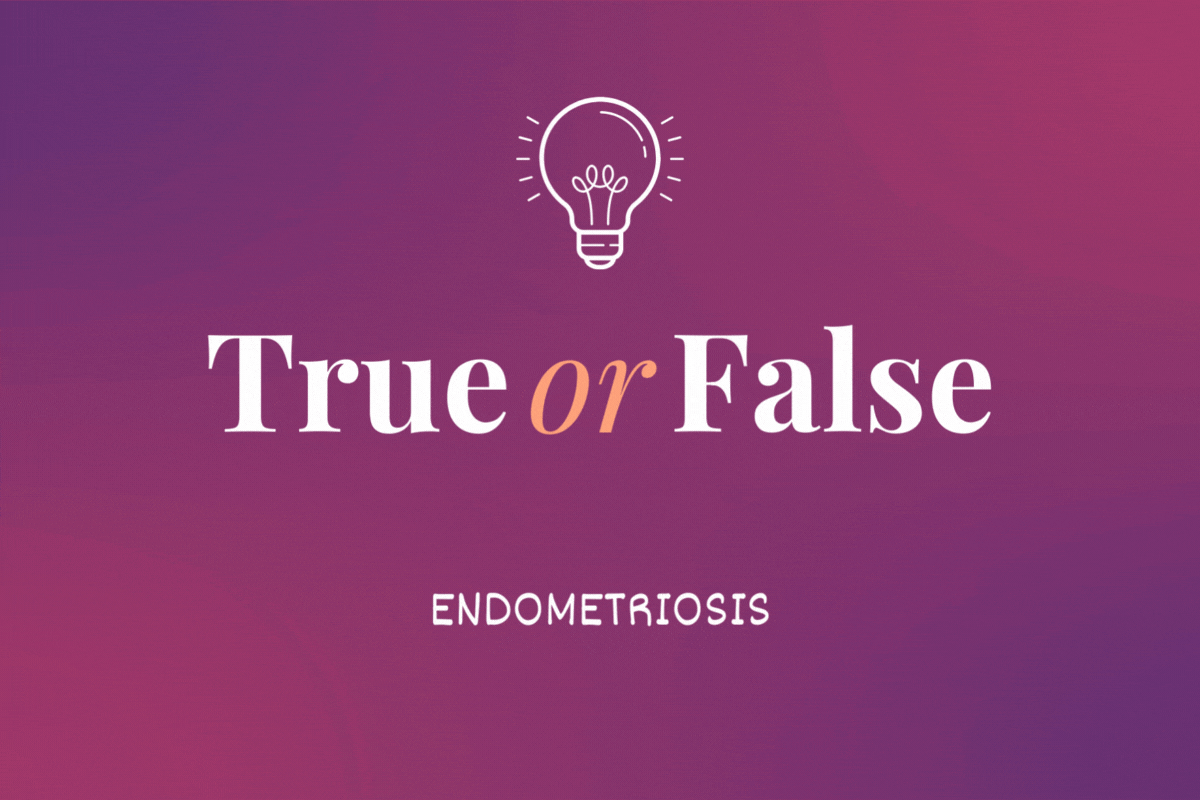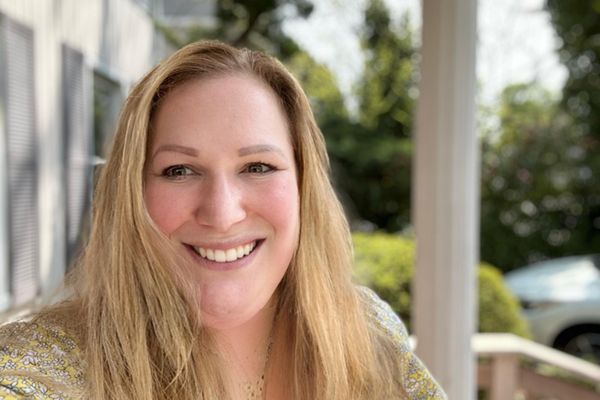For too many women, lack of awareness or understanding about endometriosis (or "endo") is a very real factor in why so many cases go unreported.
To help deepen our endo understanding, I asked gynecologist Mary Jane Minkin, MD, a member of HealthyWomen's Women Health Advisory Council and a clinical professor in the department of obstetrics, gynecology and reproductive sciences at Yale University School of Medicine, to give us the latest update on research targeting this often-painful disorder.
Q. Why are there so many unreported or under-reported cases of endometriosis?
A. Endometriosis can be a very confusing disease. There are women who are in horrendous pain, yet they have only tiny bits of endometriosis, while others feel little or no pain but have a ton of endometrial tissue in their pelvis.
Q. What is perhaps one of the most surprising things about endometriosis that women might not know about?
A. One fascinating fact is that although most of the endometrial tissue implants itself in the pelvic area (the uterus, ovaries, intestines, etc.), it can also, although rarely, implant itself in other places, like the chest cavity near the lungs.
Q. How do doctors diagnose endometriosis?
A. It's telling if a woman has pain with her period, general pelvic pain or pain with intercourse. When symptoms present themselves, we may first do a physical exam. However, laparoscopy is the only way to confirm an endometriosis diagnosis by seeing the growths or taking a small sample of tissue and studying it. This is called a biopsy.
Q. What's the latest news on treating endometriosis?
A. Research in endometriosis continues. Talk to your doctor about what treatment options might be right for you.
Q. Does endometriosis ever go away?
A. Unfortunately endometriosis symptoms can come back after treatment. Once a woman goes through menopause, her endometriosis almost always goes away.
This post was created with the support of AbbVie. For more information, visit SpeakENDO.com







